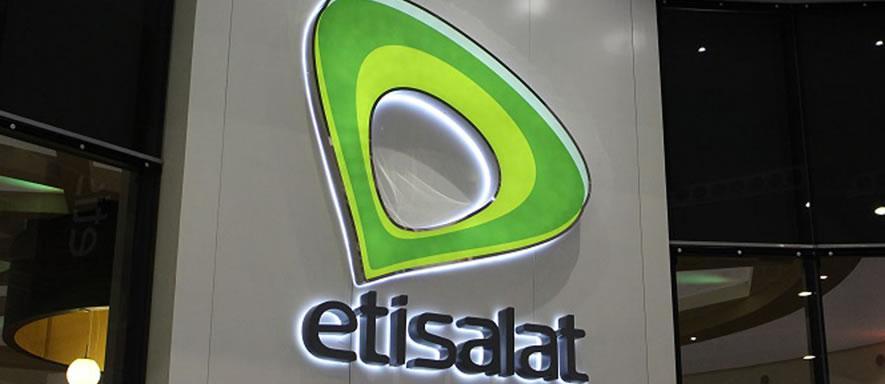CEO of Etisalat Group, Mr. Hatem Dowidar, has issued a public statement highlighting the reasons it has taken the difficult decision of exiting the Nigerian market. According to the Etisalat CEO, despite the fundamentals to support growth and increase mobile penetration, Nigeria’s macroeconomic conditions, steep currency, devaluation and market challenges have subsequently had a detrimental impact preventing ‘EMTS’ continuing its ambitious growth plan.
The statement read as follows: “As a publicly listed company, Etisalat Maintains the highest internationally acknowledged reporting standards to the market and its annual reports. Etisalat Group follows prudent investment decisions and acts responsibly to protect its shareholder's interests.
Etisalat Group entered the Nigerian market in 2008 through EMTS, following the procurement of a 15-year Universal Access Service License (UASL) in 2007 by Mubadala. At the time, Nigeria was widely regarded as one of the most strategically important telecom growth markets in Africa with the largest population in the region, yet a low mobile penetration of just 20 per cent.
The company reported EBITDA positive in less than four years of operations and has since become the fastest growing telecommunications network in the country. In 2014-2015 the company witnessed record growth of 18% achieving subscriber base of 22 million Subscribers.
Etisalat progression to reach critical mass brought a significant growth of EBITDA and, more importantly, lifted its free cash flow from negative to positive. In summary, before the full impact of FX deterioration, Etisalat management was delivering sustainable and profitable growth.
On top of uncertain business climate, regulatory issues, irrational behavior of some competitors, which entered into a price war most notably around Data tariffs, limited the ability of the company to move prices upwards to balance for inflation and increasing costs. EMTS (Associates) negotiated in good faith with the lenders and offered a debt-restructuring proposal. The lenders did not accept the EMTS proposal.
EMTS (Associates) have met repeatedly with Nigerian authorities, including the telecommunications regulator, NCC, and the Central Bank of Nigeria, to keep them informed of the seriousness of the situation and the need for a restructuring of EMTS debt to return the company to the path of insolvency. Etisalat Group was not affected. Rating agencies re-affirmed Etisalat Group High Credit ratings. The carrying value of EMTS shares in Etisalat Group books is nil.
One of the key reasons for ‘EMTS’ failure of the loan which was disbursed in part in USD is the worsening of Nigeria’s exchange rate position, floating of the currency following the devaluation of the Naira and the closing of the possibilities for converting US$ debt into Nigerian Naira debt by the monetary authorities.
Etisalat Group has taken a difficult decision to exit the Nigerian Market to protect the wider interests of the Group and those of its shareholders.”











